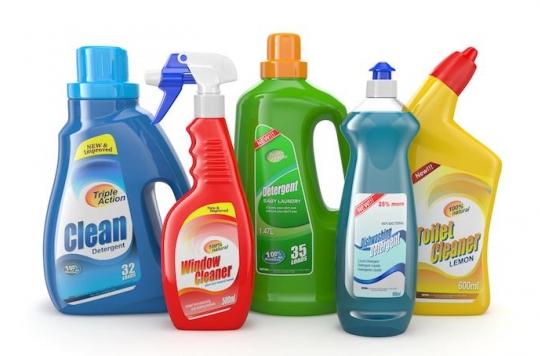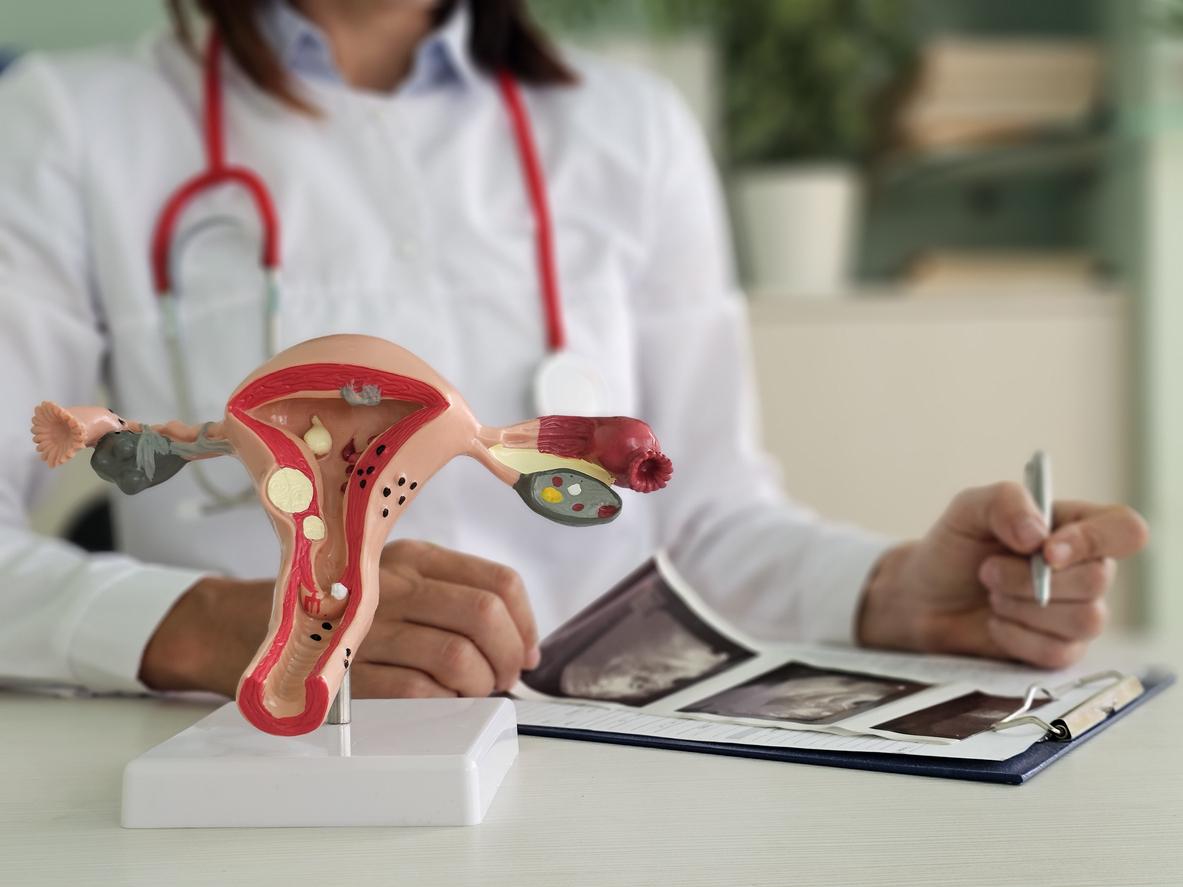Disruption of reproductive function in mice exposed to quats was observed.

From the toxicity of our environment… A chemical substance used as an antiseptic in many everyday products is linked to a phenomenon of infertility, according to a study carried out on rodents and published in the journal Environmental Health Perspectives. The authors have demonstrated the toxicity of “quats”, quaternary ammonium compounds used for their antimicrobial properties.
These quats are found in “toothpastes, mouthwashes, throat lozenges, nasal sprays, shampoos, hand lotions, creams, eye drops, biocides, menstrual sponges, antiseptic products and certain household products and others that come into contact “with the skin and mucous membranes, specify the work.
Estrogenic signaling
However, according to the results observed by the researchers, these quats would have an inhibitory action on the mitochondria, these small structures at the heart of the cells which play the role of “mini-energy plants” and produce the energy which the organism has. need to operate.
Quats are also believed to impair estrogenic cell functions. This is the signaling of estrogen in cells, which would be disrupted by the action of quats.
Mice exposed to these compounds were thus unable to reproduce, and researchers fear that human reproductive function may also be affected by these chemicals.
Indeed, if the doses remain very limited in most everyday products, the multiplicity of sources of exposure alert the researchers, who evoke a worrying cocktail effect.
.















